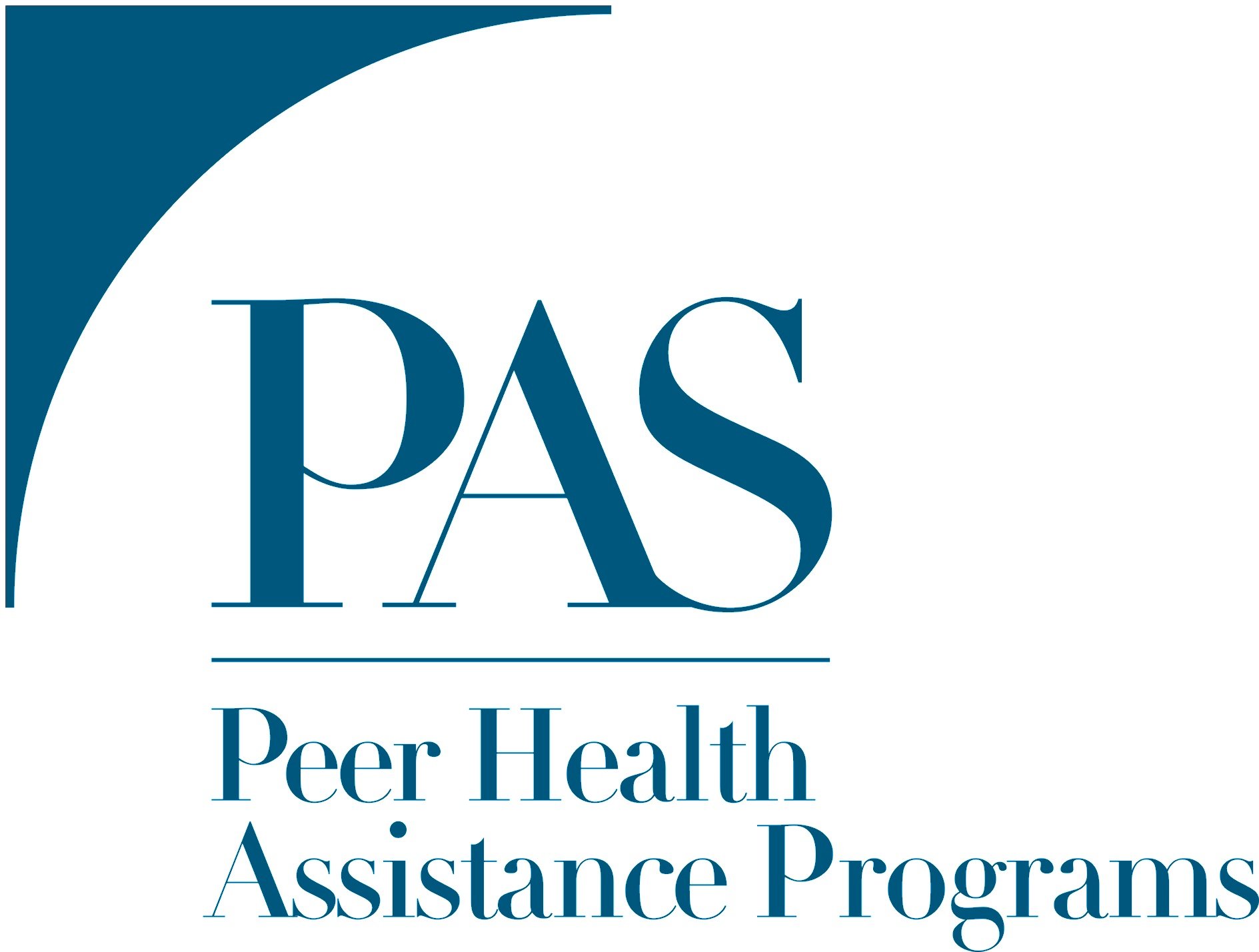
Peer Health Assistance Programs
As a national movement during the 1980s, peer health assistance programs developed as an alternative to discipline for professionals with substance use disorders. Created to enhance public protection, the programs promote earlier identification and intervention before the professional demonstrated unsafe practices. Since the 1980s, the programs have evolved to include comprehensive evaluation and ongoing monitoring of health concerns that may effect professional practice. These include substance use and mental health concerns, as well as physical health concerns.
The Peer Health Assistance Programs include evaluation, referral to treatment, monitoring the professional’s compliance with treatment, case management, and recovery recommendations to professionals who may be experiencing physical, emotional, psychological, substance use, or other personal concerns. The Colorado Department of Regulatory Agencies, Division of Professions, and Occupations contracts with Peer Assistance Services, Inc. to provide the Peer Health Assistance Programs which are statutorily created and funded by license fees. The objectives are rehabilitation of the professional and protection of the public.
These are the professions whose practice acts enable the programs. If you or a colleague experience any of these concerns, these programs are available to you:
Addiction Counselors
Dentists and Dental Hygienists
Nurses - RNs and LPNs
Marriage and Family Therapists
Pharmacists and Pharmacy Interns
Professional Counselors
Psychologists
Social Workers
Unlicensed Psychotherapists
Veterinary Professionals
The Peer Health Assistance Program is available for a fee to other licensed healthcare providers regulated by the Colorado Department of Regulatory Agencies, Division of Professions, and Occupations including physical therapists, surgical technicians, surgical assistants, chiropractors, optometrists, nursing home administrators, podiatrists, athletic trainers, massage therapists, occupational therapists, respiratory therapists, and speech and language pathologists.
An overview of the Peer Health Assistance Programs
We are here to help you
From prevention through intervention, the Peer Health Assistance Programs promote awareness, support, and assistance. Informative presentations— the content, format, and length—are tailored to your practice setting. Examples of topics include:
Discussing how alcohol and other substance use affects us all
Increasing awareness of health issues that may effect practice
Discussing how the pandemic has affected our colleagues and our workplaces
Recognizing signs and symptoms of substance use in the workplace
Awareness of marijuana use implications in practice
Facilitated discussions regarding what compassion fatigue and burnout mean to health and mental health professionals

Who we serve
These programs are for professionals and students. Please contact us for more information, if you have questions regarding someone you are concerned about, or if you would like to make a referral.

Peer Assistance Services
Our mission: Leading with prevention and intervention for substance use and mental health concerns
Since 1984 Peer Assistance Services has provided evidence-based care throughout Colorado communities and healthcare professions where substance use and mental health challenges remain. There is an ever-increasing need for awareness of how prevention and early intervention make a difference in individuals' health and wellbeing. Witnessing the lasting effects of the COVID-19 pandemic has made this even more clear. Providing prevention and early intervention services to the healthcare community brings positive, lasting change to the lives of Coloradans. Screening for risky substance use as a standard of practice makes us all healthier. Acknowledging risky behavior and finding concrete steps to reduce the risks is at the core of the evidence-based strategies. Building on our experience, adopting current proven approaches, and with a dedicated, skilled staff, we continue to serve with prevention and early intervention programs.
